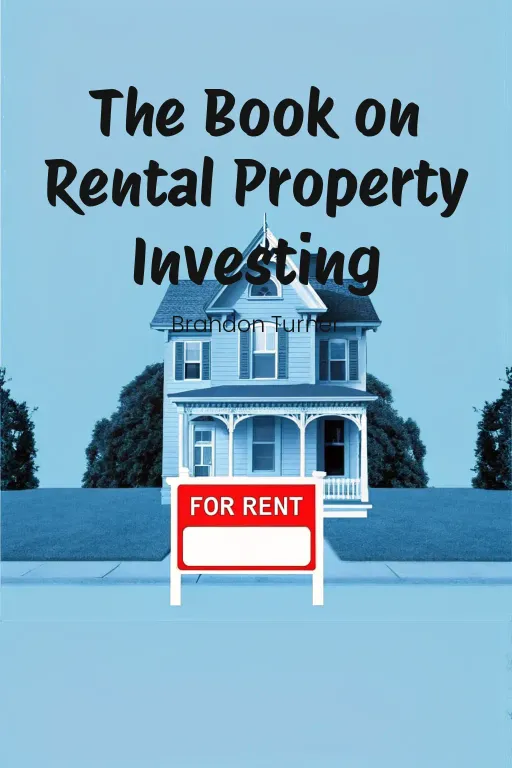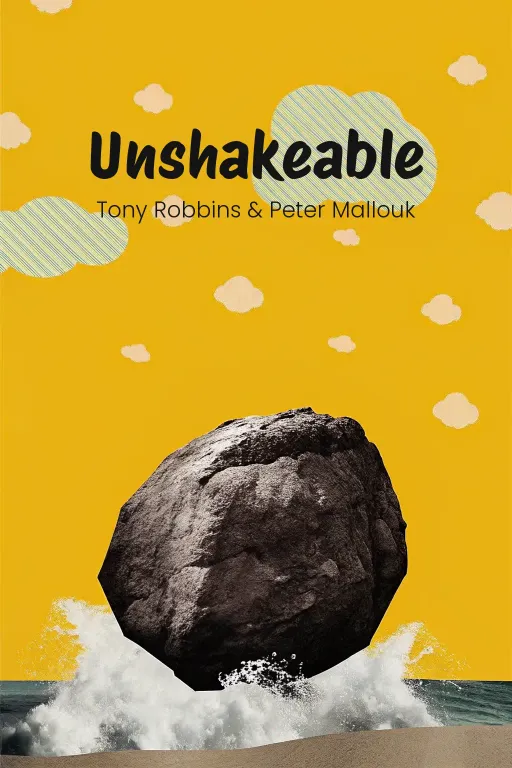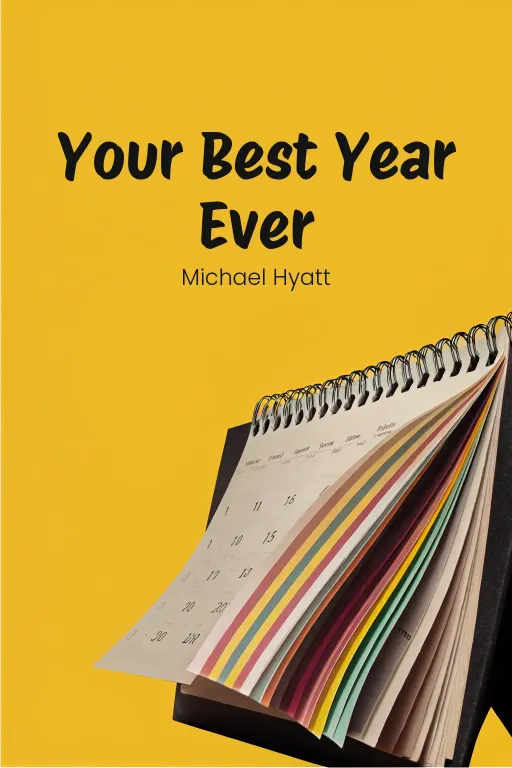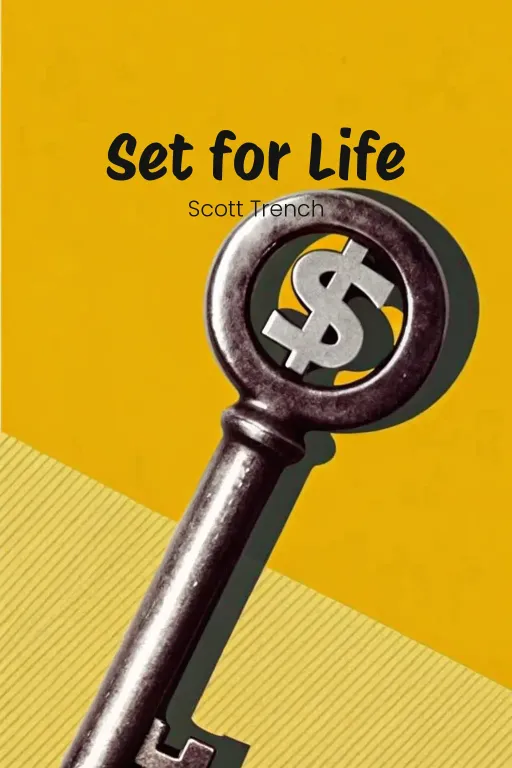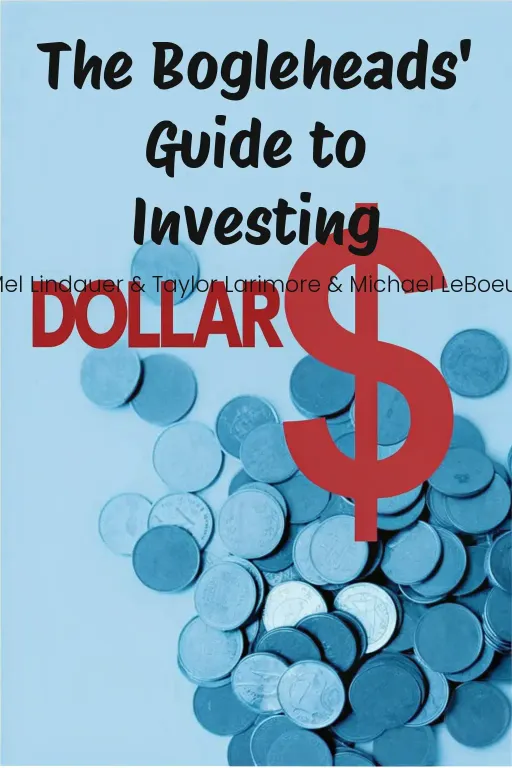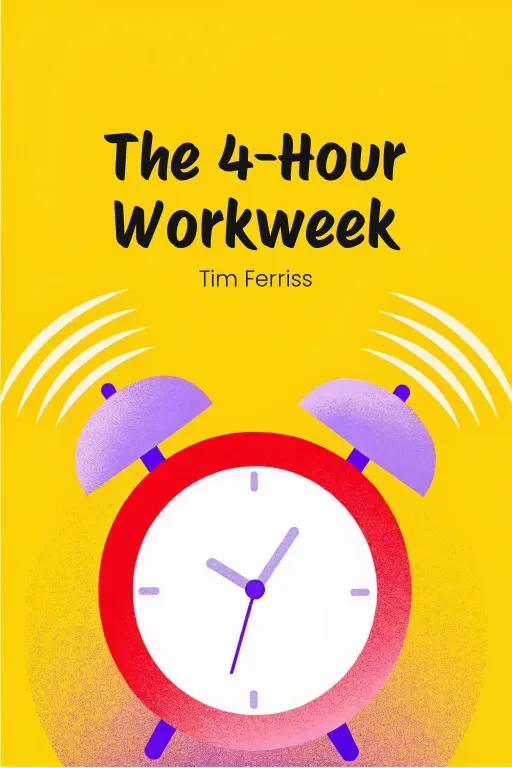
Escape the Grind: Your Path to Freedom
Podcast by Let's Talk Money with Sophia and Daniel
Dominate Life, Money, and the American Dream
Escape the Grind: Your Path to Freedom
Part 1
Daniel: Hey everyone, welcome back to the show! Today we're tackling something we all think about: money. More specifically, how to actually achieve financial freedom without, you know, working until we drop. Sophia: Exactly. Because who doesn't fantasize about ditching the daily grind? But I'm betting this isn't just another "give up lattes and live in a tiny house" spiel, right? Daniel: Not at all, Sophia. We're actually diving into Scott Trench's Set for Life. This book really shakes up the traditional idea of the American Dream. Instead of working non-stop, it gives you a real, three-stage strategy for building wealth and, more importantly, taking control of your time. Sophia: Okay, I'm listening. But I'm guessing there's more to it than simply stashing cash and buying stocks? Daniel: Totally. Trench highlights three crucial phases. First, aggressively saving and slashing those big expenses to get you a $25,000 safety net. Next, boosting your income—think promotions or side gigs. And lastly, investing to create passive income streams, whether that's real estate or index funds, which eventually makes work completely optional. Sophia: Alright, so we're breaking down this "path to financial freedom," one step at a time. I heard there’s some kind of mountain climbing analogy involved? Daniel: You nailed it. Imagine this: being frugal is like packing your gear, house hacking is your climbing rope, and your investments? That's the view from the peak—that amazing feeling of actually winning the rat race. Sophia: Big promises. Let's see if this so-called roadmap is a game-changer, or just a fancy way of suggesting we all become van-lifers. So, ready to jump into stage one?
Three Stages of Wealth Creation
Part 2
Daniel: Exactly! Stage 1 is really where the journey begins – building your savings foundation. It's not so much about making more money at this point, it's more about getting a handle on where your money is going now, and restructuring your lifestyle accordingly. Trench argues that saving your first $25,000 is less about the actual dollars and cents, wouldn't you agree? I think it's more about the mindset shift. Sophia: A mindset shift, huh? I see. So, less about instant gratification and more about delayed gratification with a purpose – financial freedom. So, no more avocado toast and oat milk lattes every single day? Daniel: Well, it's not necessarily about complete deprivation. It's more about really being intentional about your spending. He suggests taking a good hard look at your expenses and cutting out those things that don't really align with your long-term financial goals. I read somewhere, the average American spends over a third of their income just on housing! That alone, if you reduce that, could drastically accelerate your savings. Sophia: Okay, housing is definitely a huge expense, no question. What's the strategy here? Downsizing? Moving to a rural area? Daniel: It could be a combination. For example, Garrett, he's one of the case studies in the book. He moved out of an expensive city apartment and was able to save $10,000 a year simply by moving to a more affordable area. Then, he funneled that directly into his emergency fund and investments. Sophia: Hmm… sounds logical, but I am a little skeptical. Moving isn't exactly cheap as you know. And then there's the emotional cost. Not everyone wants to leave their friends, their favorite spots, or even a great job just to save on rent, right? Daniel: That's completely valid, and it's not a one-size-fits-all kind of thing. But Trench emphasizes that it's all about aligning the sacrifices with your values. If that financial freedom, that long-term security, means more to you than staying in a trendy area, then the trade-off becomes more palatable. Sophia: Fair enough. And then there's transportation, correct? It seems to me that most Americans love their cars, but aren’t they just money pits disguised as status symbols? Daniel: Completely! From luxury cars to leasing, transportation is another big area where people often bleed money unnecessarily. Trench's advice? Buy a reliable used car, avoid all those unnecessary upgrades, and really focus on reducing your total cost of ownership. Sophia: So, skip the Tesla until you're, you know, truly “set for life.” Got it. But let's briefly touch on debt, that elephant in the room. How does he expect people to save with student loans or credit card balances hanging over their heads? Daniel: Another great question! Debt management is a really big piece of this first stage. Trench differentiates between “bad debt” and “good debt.” Bad debt – like credit cards with those ridiculous 20% interest rates are definitely should be your first priority. He shares the case of Sarah, who tackled $7,000 in credit card debt by picking up a temporary side hustle, and she actually saved herself $1,400 a year in interest. Sophia: Good for her! And I imagine this isn’t just about paying off debt for the sake of clearing up debt, it’s about creating breathing room, or margin for stage two, correct? Daniel: Exactly. Once you eliminate those bad debts, you then free up cash flow to really focus on building that $25,000 buffer savings, that financial safety net. Trench emphasizes how foundational this step really is. It gives you the emotional, real freedom to take on new challenges, like career switches, or investing in real estate. Sophia: Alright, I see the light. Building a buffer does sound pretty liberating, even though it might seem a little dull. Any tools? Tricks? Secret hacks to keep people motivated at this stage? Daniel: Absolutely! Budgeting apps, like Mint or Personal Capital, come up really frequently as invaluable tools. They're perfect for tracking your spending, identifying those areas where you are losing money. And then another method could be spending audits – where you go through literally every subscription, every recurring cost, and evaluate if it is worth it. Sophia: Ah, yes, the dreaded audit, where you realize you’ve been paying for streaming services you haven't touched since 2018. Okay, so stage one’s kind of mission seems clear: save first, then spend intentionally, focus on the big wins like housing and transportation, and build that $25,000 foundation. So what's next? Daniel: Stage 2 is really where things start to get exciting – using that foundation to scale your wealth. It’s the transition from pure savings, to earning and asset building. Ready to move into house hacking territory? Sophia: Oh, bring it on. This is the segment where you convince me that being a landlord isn’t a total nightmare. Let's do it.
Conclusion
Part 3
Daniel: So that's Scott Trench's “Set for Life” in a nutshell: three stages to building wealth! It starts with that crucial financial base – saving your first $25,000. Then, you scale up, maybe through strategic career moves or ventures like house hacking. And finally, you achieve financial independence through smart investments and passive income streams. Sophia: Okay, but let's really break that down. First thing’s first: control your spending. Cut the unnecessary stuff, and really examine those big expenses like housing and transportation. Then, don’t just hoard your savings. Use that initial cushion to take smart risks – a career change or maybe dipping your toes into real estate. And lastly, think long-term. Whether it's index funds or flipping houses, make sure your investments are sustainable and will keep working for you. Daniel: Precisely! What's great about Trench's approach is how adaptable it is. Anyone can tailor it to their own situation. Whether you're just trying to make ends meet or aiming for complete financial independence, the key is to start with awareness and then take concrete action. Sophia: So, the million-dollar question: Are you willing to make some sacrifices today for a whole lot more freedom down the road? That's the real challenge, and let's be honest, it's not for everyone. But if you're even remotely interested, start with one thing. Track your spending, identify one unnecessary expense you can cut, or set a savings goal. Daniel: Exactly. No matter where you are on your financial path, action is what gets you moving. Grab the tools, make those adjustments, and remember, even small changes can have a huge impact over time. The journey might be challenging, but the reward is absolutely worth it! Sophia: Alright, I think we should wrap it up before you convince me to trade my car for a bicycle. Until next time, take charge of your finances, and who knows, maybe one day you'll wake up and realize you're actually set for life.

